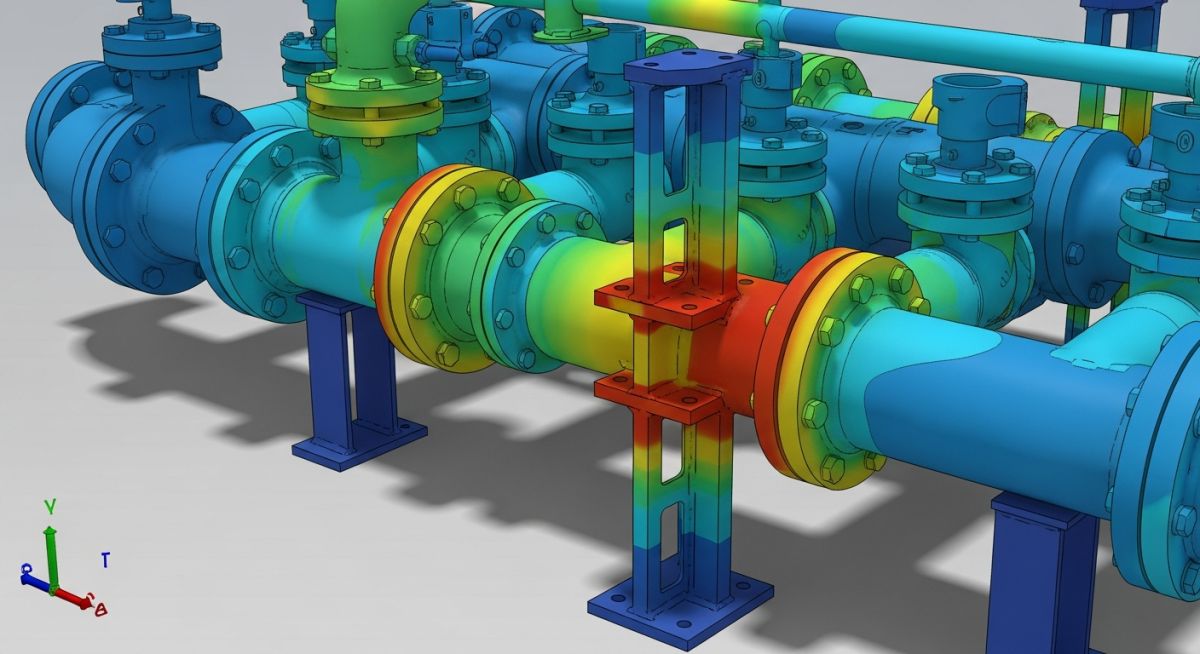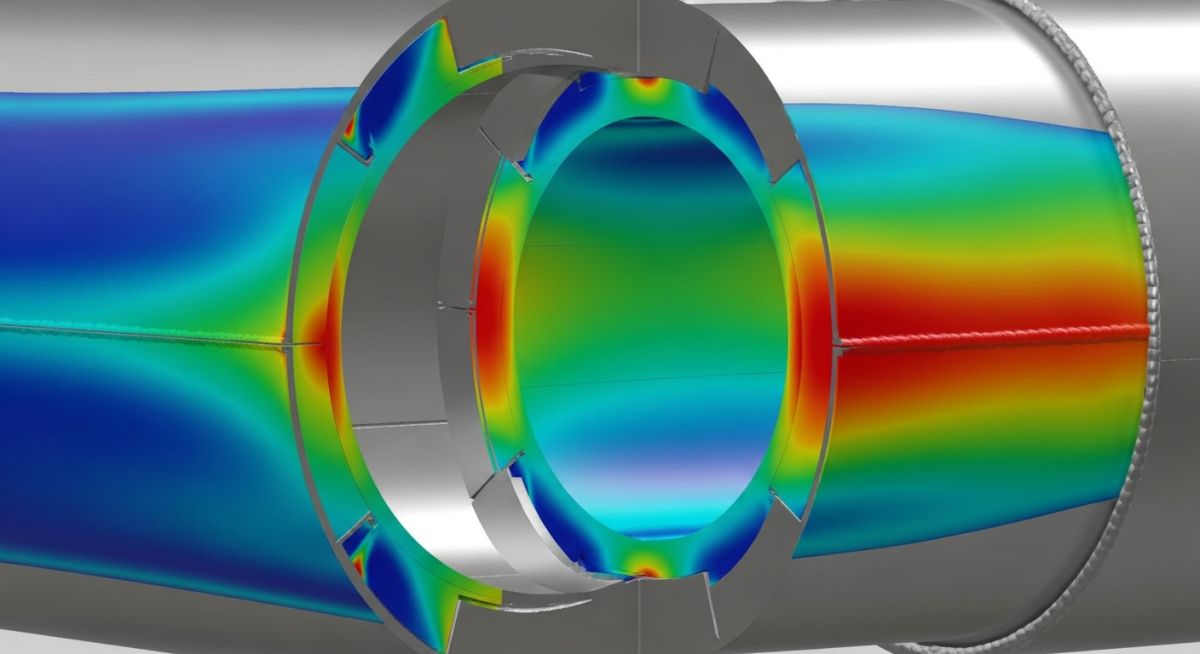Master Piping Stress Non-Linear Analysis. Learn how to handle friction, gaps, and lift-off in complex piping systems using ASME standards.


Master Piping Stress Non-Linear Analysis. Learn how to handle friction, gaps, and lift-off in complex piping systems using ASME standards.

Master Jacketed Piping Stress Analysis with this 2026 guide. Learn CAESAR II modeling, ASME B31.3 requirements, and core-jacket interconnection checks.

Preventing Thermal Expansion Pipe Buckling: Real-World Lessons from a Steam Pipeline Failure. Piping failures due

Real-World ASME B31.3 Field Re-Route: A Case Study in Urgent Plant Upgrades In the fast-paced

Master Piping Engineering: Your Complete Course Blueprint Master Piping Engineering: Your Complete Course Blueprint Imagine

Starting a piping system from zero level is a detailed process that involves careful planning,

Master piping engineering with EPCLAND’s comprehensive courses. Learn piping design, material engineering, stress analysis, and layout techniques. Enroll today!

Complete Course on Stress Analysis 5.00 (1) Complete Course on Pipe Stress Analysis By Anup

The course on Design Basis & Process interface has been developed to explain the fundamentals of

The course on Overall Plot Pland and Unit Plot plan has been developed to explain

The course on Project Life Cycle has been developed to explain the fundamentals of Piping

Introduction to Valve Classifications The course on All About Valves: Classifications & Types has been